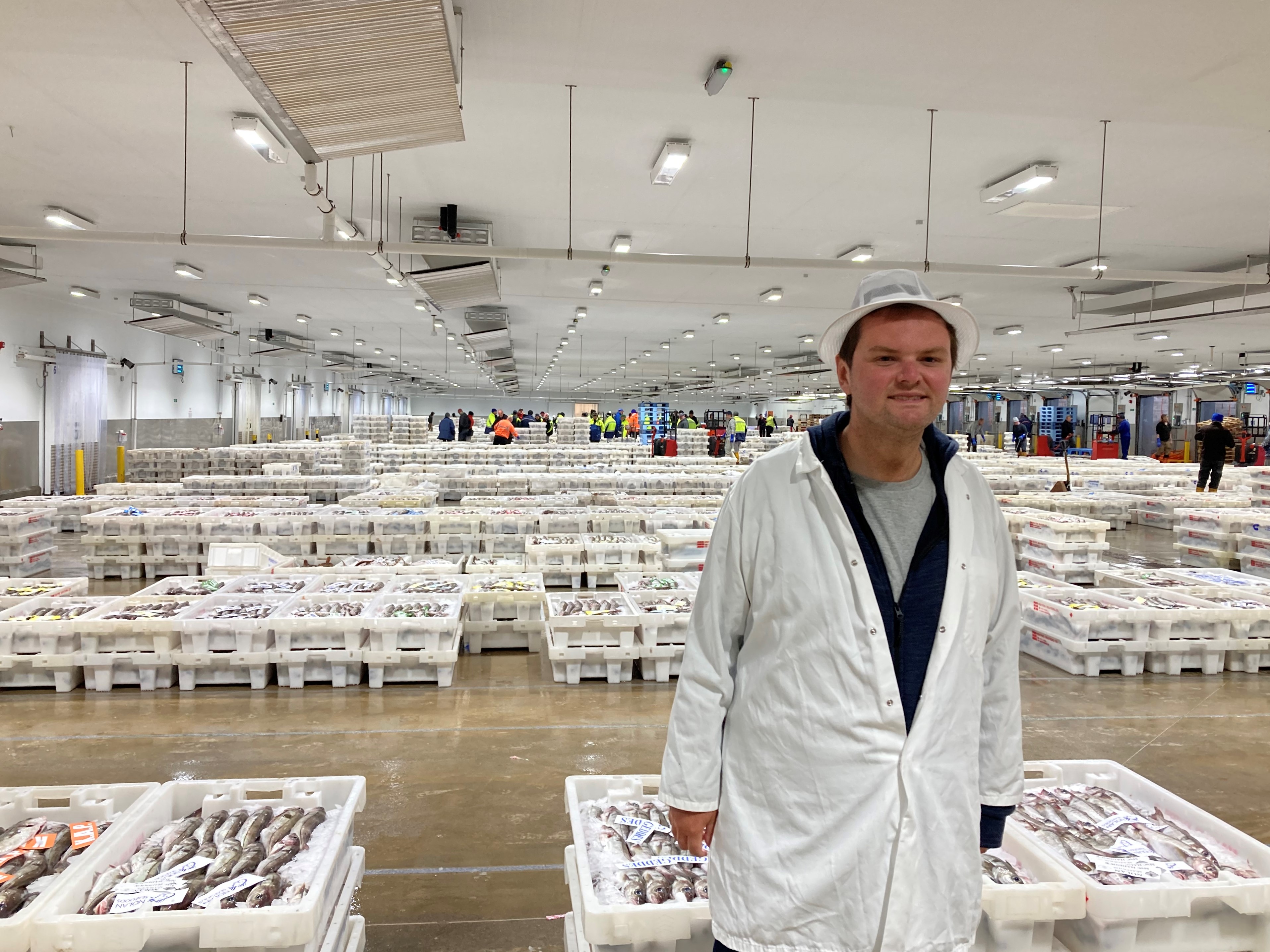Plastic Packaging Tax four months in - what we have learnt
It’s been over four months since the UK Government’s Plastic Packaging Tax (PPT) took legal effect and nearly two weeks since the first return deadline in late July.
We’ve been closely studying the tax’s impact on the seafood sector and are seeing significant variations in how it’s affecting different types of seafood business. We’ve also identified ways in which the detail of the regulation might be misunderstood by businesses. We’re keen to play our part in clearing up any confusion and highlighting the subtleties of PPT’s seafood sector impacts.
Our Plastic Packaging Tax guidance has all the information you need. However, we’ve pulled out some of the recent queries and feedback from seafood businesses.

Are the due diligence expectations challenging?
Some businesses are struggling with additional burdens from due diligence expectations. Businesses with simple packaging supply chains seem to be finding these obligations relatively straightforward, but they are more challenging for large importers using more packaging suppliers.
Each business needs to determine which due diligence procedures are appropriate for its circumstances. However, more complex packaging supply chains can bring additional challenges. You may have an increase in the number of signed documents required to demonstrate that the tax has been properly accounted for if your number of suppliers is larger. The amount of product specifications needed to show due diligence may be increased if the range or sources of your packaging components are more varied. So, we can see why there’s a link between packaging supply chain complexity and how onerous the due diligence obligations are for businesses.
Do you know that credit can be claimed for exported components?
Another potential issue is lack of awareness of the facility to claim credits for PPT paid on components exported from the UK.
Some of the businesses we’ve spoken to have been surprised to learn that this facility exists at all. On the other hand, we’ve heard from one business that’s working to establish a system with their packaging supplier. They are providing that supplier with swift confirmation and proof of a component being exported. The supplier can then claim a credit from HMRC for the PPT paid on the component and reimburse the seafood business. This system serves as a potential example of industry best practice. It also underlines that it’s in the interest of seafood stakeholders to know about the export credit claim facility – as you may stand to benefit from this financially.
How are suppliers allocating costs?
Another point to be aware of is that suppliers’ PPT costs may sometimes be added to the invoices for both non-recycled and recycled packaging components. This is permitted by the legislation, although PPT is intended to incentivise more recycled plastic packaging.
No supplier will have to pay PPT to HMRC for a component that’s 30% or more recycled. You may therefore wish to query any invoice for 30% or more recycled packaging that includes a charge for PPT.
Could your business technically be a manufacturer of plastic packaging?
Finally, we have noticed that seafood businesses may not always be aware of the possibility that they’re technically a manufacturer of plastic packaging for purposes of PPT.
This lack of awareness is rooted in the fact that a seafood business is unlikely to produce any plastic. However, the legislation states that the manufacturer of a plastic packaging component is whichever business completed the last substantial modification to that component before packing or filling. To give an example, a seafood business that produces a ready meal tray by obtaining a sheet of plastic and then heating and shaping this into packaging is technically the manufacturer. As a seafood business, it’s important to consider whether you are substantially modifying any components that you purchase. If you do and so are technically a manufacturer of plastic packaging without knowing, you could be at risk of not complying with the regulation.
Next steps and further information
We will continue to monitor key trends in how PPT is impacting different parts of the seafood sector and will share industry feedback to HMRC as appropriate. We will also continue to alert our stakeholders to specific details which our research shows may be slipping under the radar.
We’ve created a suite of guidance on the Plastic Packaging Tax, which includes frequently asked questions, case studies and a webinar. You can access this from the link below:
Guidance on how to decide if you are substantially modifying components that you purchase is available on the UK Government website from the links below:
If you have any queries about the Plastic Packaging Tax, please get in touch with me by emailing jack.simpson@seafish.co.uk.